
Polarized Training Pathway
In collaboration with Dr. Stephen Seiler, the “father of polarized training,” we have curated everything you need to know about the 80/20 training method.
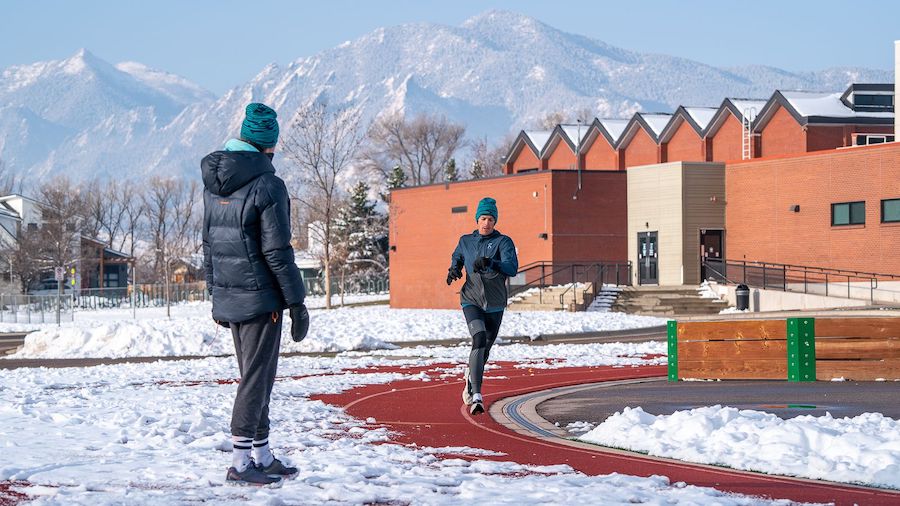
Coaching endurance athletes is an art, a science, and a craft.
We offer this selection of coaching-related articles, videos, workshops, and guides to help coaches begin to explore the support available for coaches through Fast Talk Labs.
Contact us with your questions, clarifications, or requests at coaches@fasttalklabs.com.

In collaboration with Dr. Stephen Seiler, the “father of polarized training,” we have curated everything you need to know about the 80/20 training method.
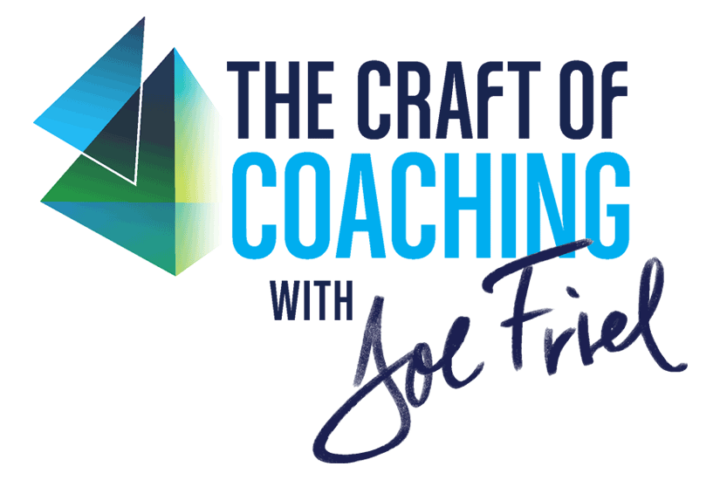
The Craft of Coaching is Joe Friel’s ultimate guide to becoming a better, more successful, and happier coach.
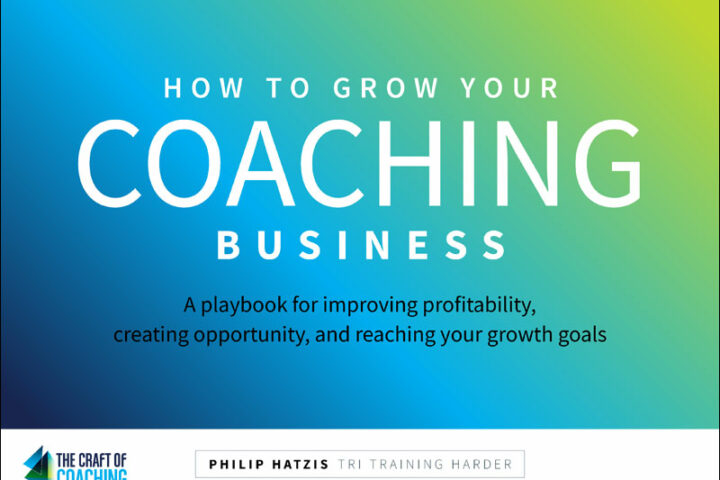
These Playbooks are free downloads that augment the useful content in The Craft of Coaching with Joe Friel through deeper dives into specific aspects of coaching.

Learn advanced data analysis for cycling, triathlon, and running workouts and races. With new data analysis tools, you can make better decisions about your training.

What to do when you find yourself caught up in other athletes seeming tougher, happier, and more badass than you on social media.

It’s natural and at times beneficial to compare yourself to others, but social media can exacerbate the negative aspects that come with too many comparison games.

This comprehensive guide includes tips and conversation starters to help coaches walk their athletes through this digital Wild West.
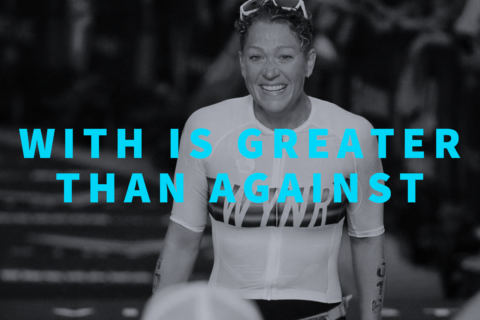
When female athletes are encouraged to work with their competitors—not against them—it raises everyone’s game, as Coach Lauren Vallee knows only too well.

Body image, underfueling, negative self-talk, comparison—these are just some of the things that commonly prevent female athletes achieving their best, yet they don’t have to. One coach shares her way of turning this around.

It can be challenging when athletes aren’t compliant or lack motivation, but it can also be a great opportunity for change or growth.

Encouraging your athletes to build self-awareness can bring a myriad of benefits, some more obvious than others.
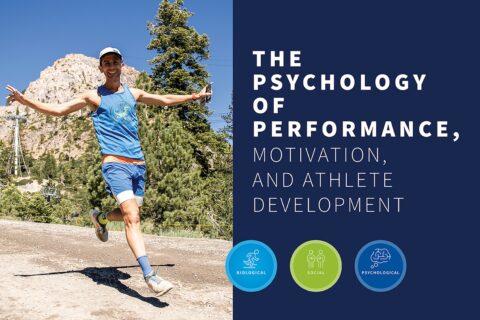
Explore the psychological and social side of performance with the help of experts who specialize in sport psychology, mental performance, and athlete development.
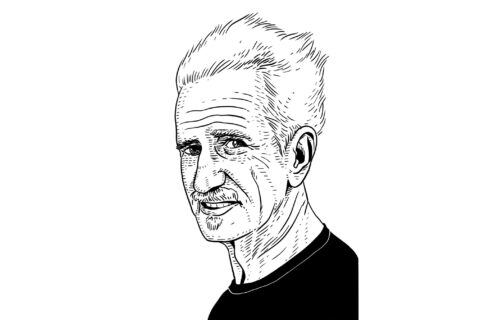
A rigorous, holistic approach to mental and physical training steeped in high-intensity sessions and hill running at a beachfront property would likely appeal to today’s athlete. This Australian running coach was ahead of his time.
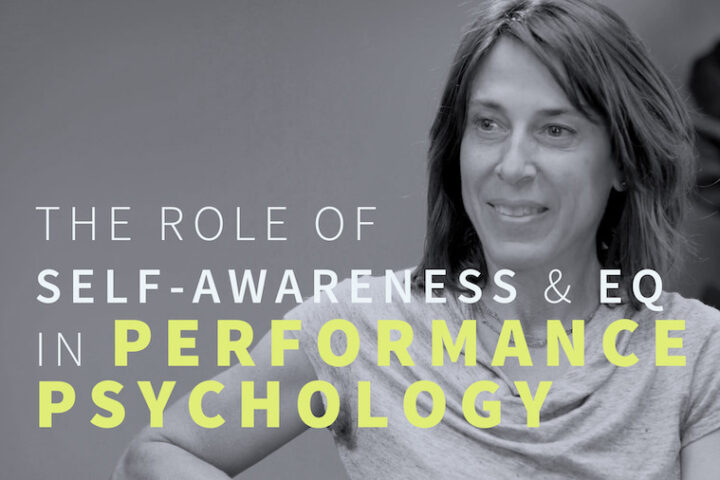
Dr. Julie Emmerman joins Emma-Kate Lidbury to talk about the role that self-awareness and emotional intelligence can have in performance psychology.

Much to the surprise of some coaches, mental performance expert Jeff Troesch argues that you can have commitment from your athletes without trust. He explains how—and why—this is important.

The degree to which you cultivate a positive coach-athlete relationship will enhance your athletes’ race performances—and help you retain them as clients.

Coach Rob Griffiths describes the method he used to help an athlete shift her passion and motivation to make positive changes and avoid burnout.
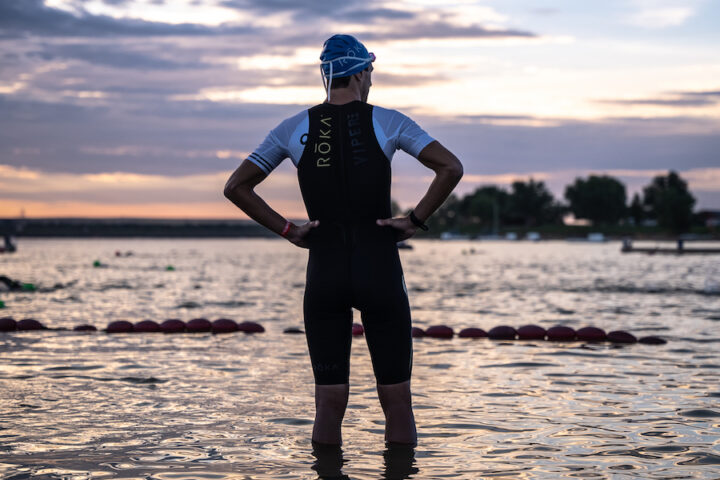
Motivation is key to the performance psychology puzzle, dependent on fundamental human needs. If those needs are not met, an athlete’s passion for sport and their self-esteem can suffer.
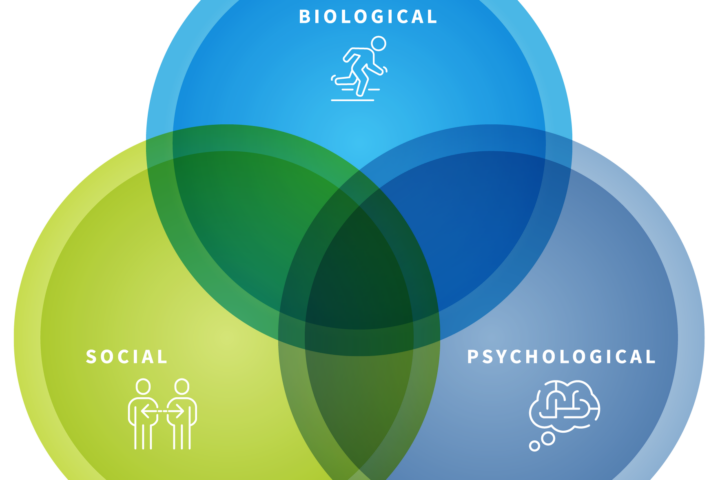
Coaches include some components of psychological and social development in an athlete’s preparation. But do you know why and how it works?
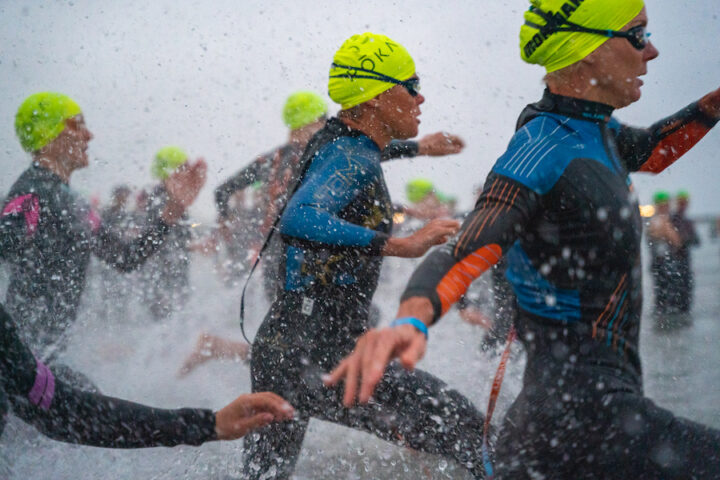
We are products of our social, mental, and biological processes, but what does this mean for coaches and athletes? Andy Kirkland explains how to adjust training for better results.

Sport psychology is proving to be just as important—if not more so—than physiology, but how do you incorporate it into your coaching for the benefit of you and your athletes?
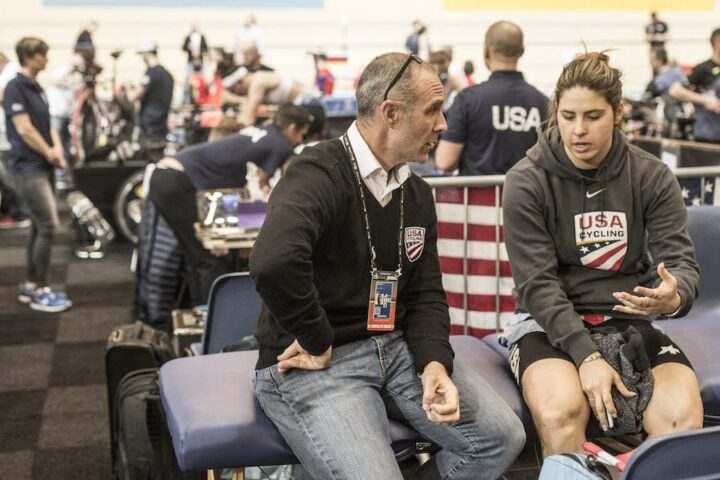
As a coach, you are in a privileged position to have a great impact on your athlete’s development. Learn how to use this wisely.